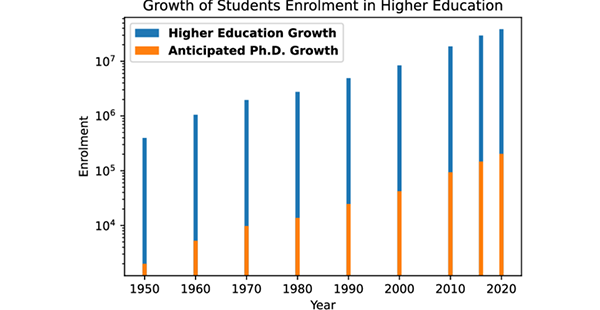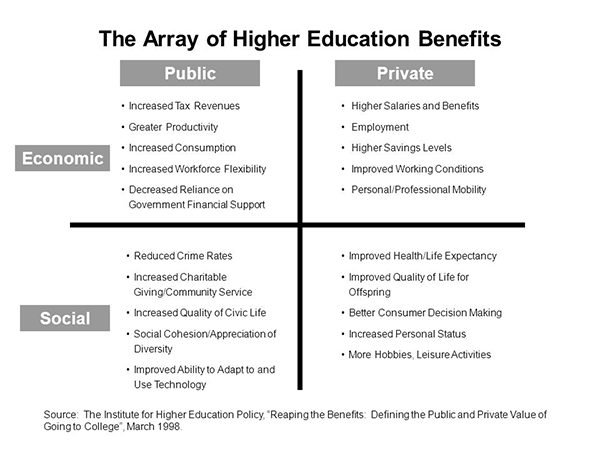
In this rapidly evolving job market, staying ahead of the competition requires more than just experience, but also some proof of certificate that yes you are the right candidate for the job. And, this is right where a higher education program comes into play as a strategic investment that can significantly boost your career.
In the not-so-distant past, going for higher education was seen as a golden ticket to a higher salary, job security and an expanded professional network.
However, an increasing number of people are questioning the value of higher education. Is it still worth it? Does it guarantee a good job? Or, can I make major career advancements without it?
Well, this read will be having a deep dive into all those questions. And, we will also discover an alternate path to traditional higher education.
Let’s start!
The educational landscape is always going through some profound transformation that is often driven by technological advancements, shifting demographics, and economic demands. These changes are reshaping the way students learn, institutions operate, or even how the company recruit the perfect talent.
For instance, the rise of online learning platforms has allowed millions of students from a diverse background and locations to pursue a higher education virtually. And, just like a master’s degree can be achieved online, there are also some other advancements like artificial intelligence and data analytics that are enabling students to have a personalized learning experience, which is more efficient and generates results.

The most common question people tend to ask themselves when considering a higher education is “Is it really necessary?”
The question is based on a range of success stories that combine all the Bill Gates, Steve Jobs, and other entrepreneurs, who did not even get a college degree and look at how successful they are in their field.
However, to make an ideal career decision you must understand that these are all the exceptions and not the rule. So, to help you make a perfect decision here are some of the key benefits of getting a higher education:

While the benefits of getting higher education are staggering, it’s still important to consider all the major challenges and consideration as education can be challenging sometimes. Here take a look at some of them:
Getting the higher education can be costly decision for many individuals as it involves everything from the regular tuition fees to the living expenses of the students. This is why it is essential to prepare a proper budget and explore some financial aid options like scholarships and students loans.
Pursuing a program requires a good commitment of your time to balance your coursework, assignments, exams, and extracurricular activities along with your regular job and family responsibility. So, it’s important to prioritize your degree for better result.
Another major consideration is choosing the best course that also aligns with all of your career aspiration. Researching the job market and potential career path will help you determine the right degree and skills you need to acquire.
Do You Know?
According to Pew Research Center, there are only 6% bachelor degree holder who are living below the poverty line, in comparison to 22% of the nondegree holder.
While the traditional higher education offers a range of benefits, but it still might not be the perfect fit for everyone. So, here are some alternatives to the traditional higher education path that students can consider:
Choosing a right path to advance in your career involves some deep level of assessment of all of your goals, circumstances, and the available options at that time. This is why it is often suggested to get some help from your mentors or prepare a proper pros and cons list to make the right decision that aligns with your career objectives.
Ultimately, your final decision on whether to go for a higher education degree or not is a personal one. However, pursuing a higher education can offer some huge career advancement opportunities, but there are still some challenges that demand a thorough consideration. And, by weighing the potential of each benefits and challenges, individuals can make an informed decision to achieve all of their career goals.
Subscribe to our newsletter and get top Tech, Gaming & Streaming latest news, updates and amazing offers delivered directly in your inbox.